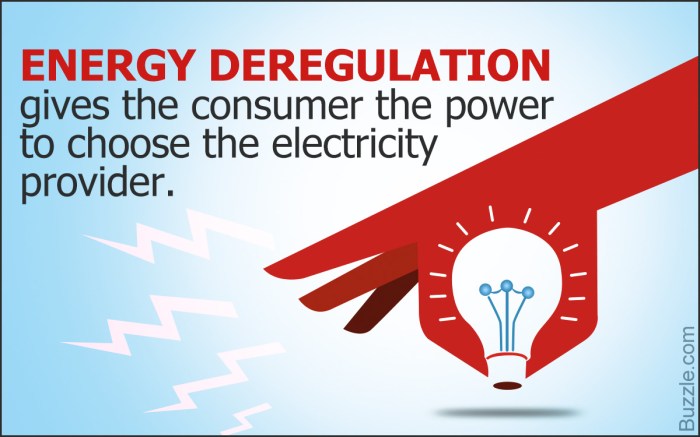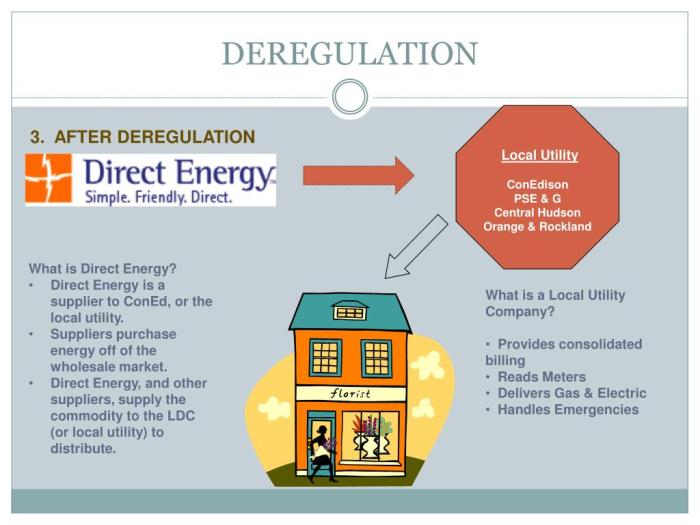The removal of government controls crossword has emerged as a prominent topic, captivating the attention of scholars and policymakers alike. This comprehensive exploration delves into the historical, economic, social, political, and global dimensions of deregulation, providing a multifaceted analysis of its implications and potential future directions.
Throughout history, governments have implemented controls to regulate various aspects of society. However, the removal of such controls has become increasingly prevalent, driven by motivations ranging from economic liberalization to social and political considerations.
Historical Context

Government controls have played a significant role in societies throughout history. They have been implemented for various reasons, including maintaining order, regulating economic activities, and protecting public welfare.
Over time, however, many government controls have been removed. This has been driven by a number of factors, including the rise of free market ideologies, technological advancements, and the increasing globalization of the economy.
Examples of Removed Controls
- Price controls on goods and services
- Restrictions on international trade
- Government monopolies in certain industries
- Censorship of the press and other forms of media
- Travel restrictions
Motivations for Removal
- To promote economic growth and innovation
- To increase consumer choice and reduce prices
- To enhance individual freedom and autonomy
- To keep pace with technological advancements
- To respond to global economic pressures
Economic Implications

The removal of government controls can have significant economic benefits. By reducing barriers to entry and competition, it can stimulate economic growth and innovation.
Benefits of Deregulation
- Increased competition and lower prices for consumers
- Expansion of choice and variety of goods and services
- Faster adoption of new technologies and products
- Creation of new jobs and economic opportunities
- Improved efficiency and productivity in industries
Examples of Deregulation Success
- Telecommunications industry: Deregulation in the 1980s led to increased competition, lower prices, and a proliferation of new services.
- Airline industry: Deregulation in the 1970s resulted in lower fares, more frequent flights, and improved customer service.
- Financial services industry: Deregulation in the 1990s led to increased competition, innovation, and access to capital for businesses and consumers.
Potential Drawbacks, Removal of government controls crossword
- Increased inequality between large and small businesses
- Reduced consumer protection and safety
- Negative environmental impacts if environmental regulations are relaxed
- Increased volatility in financial markets
- Job losses in industries affected by deregulation
Social Impact
The removal of government controls can also have significant social implications. It can affect employment, consumer protection, and social welfare.
Employment
- Deregulation can lead to job losses in industries that are affected by increased competition.
- However, it can also create new jobs in industries that benefit from deregulation.
Consumer Protection
- Deregulation can reduce consumer protection if government regulations that ensure product safety and quality are removed.
- However, deregulation can also increase consumer choice and lower prices.
Social Welfare
- Deregulation can have a negative impact on social welfare if it leads to reduced access to essential services, such as healthcare and education.
- However, it can also increase economic growth and create new opportunities for social investment.
Political Considerations: Removal Of Government Controls Crossword

The removal of government controls is often driven by political motivations. Governments may seek to reduce the size and scope of government, or they may believe that deregulation will stimulate economic growth.
Political Motivations
- To reduce the size and scope of government
- To promote economic growth
- To appease special interest groups
- To align with political ideologies that favor deregulation
- To respond to public pressure
Deregulation as a Political Tool
- Deregulation has been used by governments to reduce the power of labor unions.
- It has also been used to promote the interests of specific industries or businesses.
Role of Special Interest Groups
- Special interest groups often play a significant role in shaping deregulation policies.
- They may lobby governments to remove regulations that are seen as harmful to their interests.
- They may also provide financial support to political candidates who support deregulation.
Essential FAQs
What are the primary motivations behind the removal of government controls?
Economic liberalization, reduced government intervention, and increased market efficiency are among the key motivations.
How does deregulation impact economic growth?
Deregulation can stimulate economic growth by fostering competition, innovation, and investment.
What are the potential drawbacks of reducing government controls?
Reduced consumer protection, increased market volatility, and environmental degradation are potential drawbacks that require careful consideration.